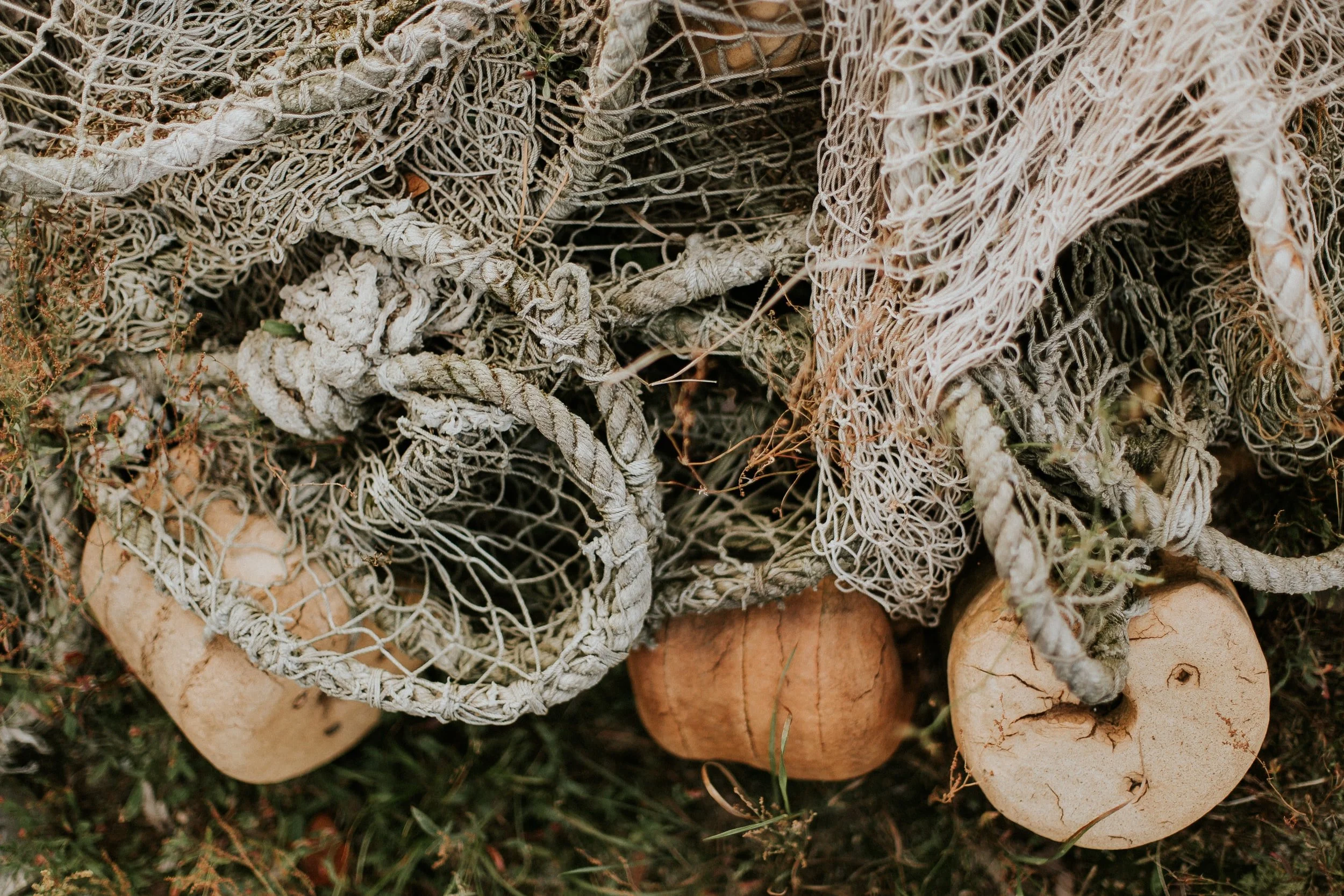When The Dust Settles
I was fascinated by the leathery creases that danced of their own accord. I watched the effortless sweep of his hand, the red dust that clung to the edges, and the creases unfold. The skin stretched dark over his boney hands, much darker than mine, as he formed an imprint in the only screen I knew—the ochre earth of my youth.
They were called ‘culture classes’—a weekly excursion from a classroom designed by a Western mind, into a classroom that has existed for countless generations. We sat cross-legged beside a stretch of still water, enjoying the refuge offered by Pandanus Palms who cast their cool shade in invitation. Sound, sight, and smell, formed a learning environment with deep hooks—easily enduring the passing decades. I’m sure I looked out of place there, but I didn’t feel it—I was just another eager kid with wide eyes and a thirst for something new—my skin was pale and freckled, a stark contrast to the deep earthy tones that wrapped around my childhood friends. It was all I’d known—this remote community was home, and the word aboriginal was known but held with the barest of significance.
His well-practiced hand withdrew from the smoothed surface of red dust, leaving behind it the impression he’d intended. “What’s this one?” he’d say without looking up. A chorus of voices would fill the air in response. All we’d get is a nod as he swept the impression away, quickly replacing it with another—“This one?”—and this is where the subtle signs of the bush began to find a home in my mind. The leathery hand of a seasoned tracker formed, swept away, and reformed the road signs of life in an otherwise arid land. My small white hand would attempt to follow suit, clumsily contorting in an effort to master what it would take a lifetime to accomplish. It didn’t matter if it was in a classroom, or while I sat fishing beside my Dad on a river bank, or waiting for my Mum to stop talking after church—I sat in the dirt and practiced my signs—forming, reforming, and sweeping them away again in an instant.
An impression in the dust is a fragile thing, so easily marred by wind and rain. It’s one thing to follow the tracks of a hunting Goanna when it had only passed by an hour or two ago, but try and follow its meandering path days later takes a skill far greater than I ever achieved. Even though the years have long passed since those happy days, I still find myself reading the signs as I walk; I no longer live among the remote bushland of northern Australia, but old lessons linger. Yet new lessons have shaped the knowledge, lessons about the impressions we form and reform, lessons left not in smoothed-out earth, but in the lives of those we live with.
I watched my son just recently as he struggled to process his emotions. Born with profound brain injuries, his capacity to view the world through thirteen year old eyes has been significantly impacted by a brain more akin to a six year old. My wife and I have learned that we must be his external brain—our emotional intelligence must be extended and shared to envelope his as we help him navigate through his overwhelming and confused world. I’ve had to learn to read the signs, to see the subtle shifts, to follow the path he leads us on. Some days I’m amazed at how much we’ve learned this past decade or so, while others leave me dazed and bewildered. Some days are graced by a smile tinged with sadness, while others are consumed with frustration. Those are the days I need to remember my old lessons most. Some days I only see what I want to see—a thirteen year old boy who should know better—and they are the days that my frustrations boil below the surface. But when I stop, slow my pace, tune my senses to see the signs—when I pause and see beyond the immediate to look at what truly is, it is then that compassion once again bends my heart to embrace the challenges. I’m a slow learner, and I too easily forget that my son is not the only one who needs this. I do too.
As a father shows compassion to his children, so the Lord shows compassion to those who fear him. For he knows our frame; he remembers that we are dust. (Psalm 103:13-14 ESV)
It reminds me again of the astounding grace of God. I’ve walked the disciple’s road for over three decades now, and my footprints have wandered from this straight and narrow way more times than I care to admit. My weakness and failure, though obscured from many fellow travellers, have been in full view of my Saviour. And yet, grace!
He knows my frame; he remembers I am just dust.
Dear friend, my fellow weary traveller, your Father looks at you with eyes of compassion. Do you fear lifting your gaze to him, expecting to see condemnation? Oh, you may know that condemnation is your just deserve, but look again and look well—you will not see it.
He does not deal with us according to our sins, nor repay us according to our iniquities. (Psalm 103:10 ESV)
Look to Jesus, friend; he knows you are dust, his compassion has no end, his steadfast love towers over you like billowing clouds. Sit in his shade. Find your rest in his arms, and you will be home.





